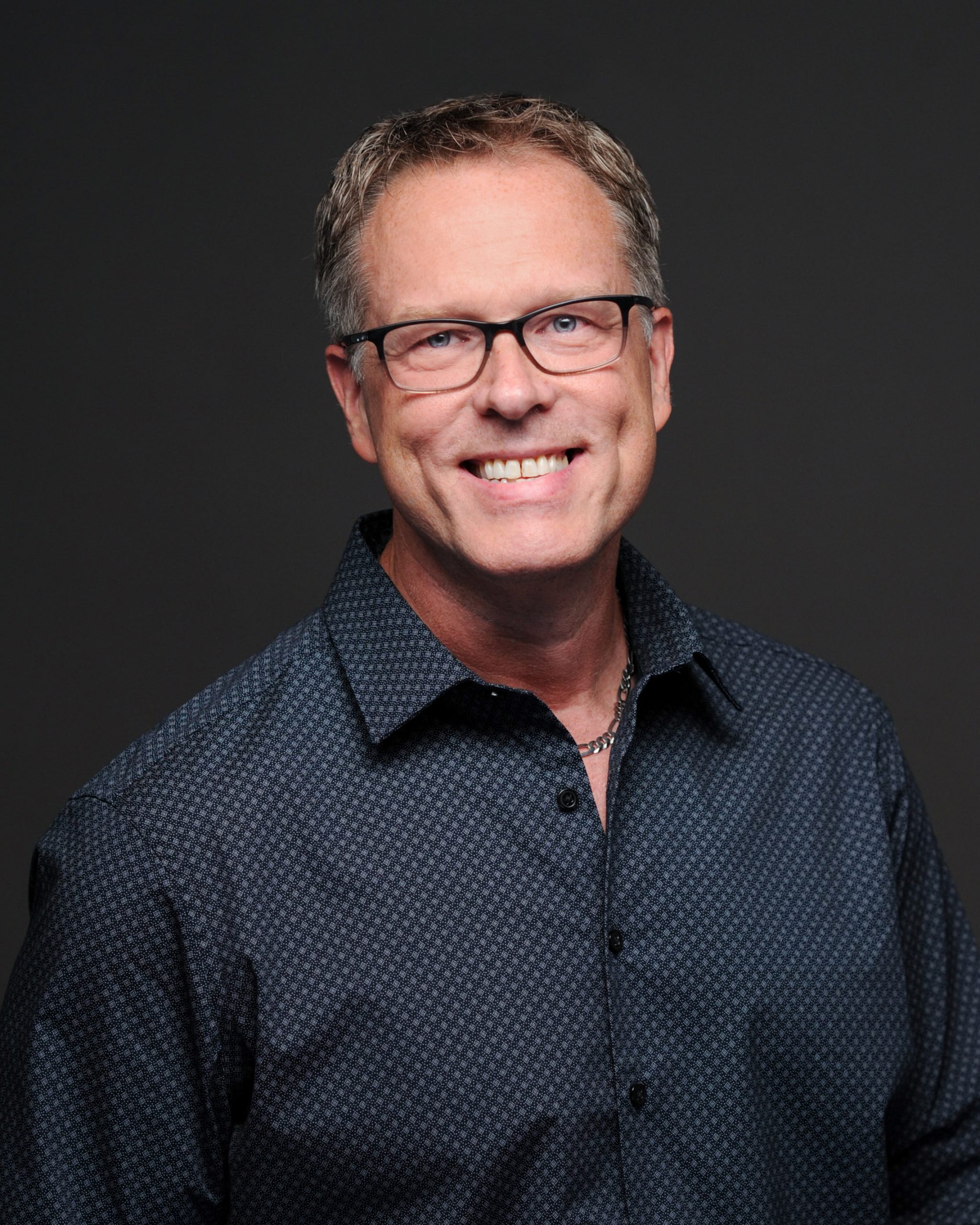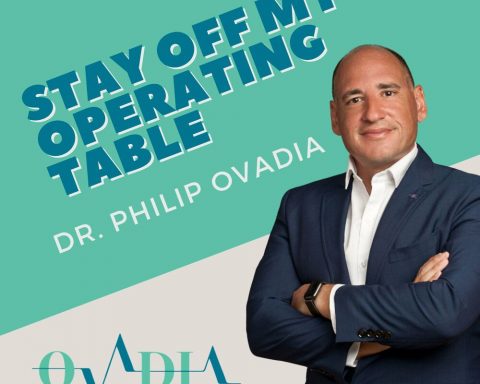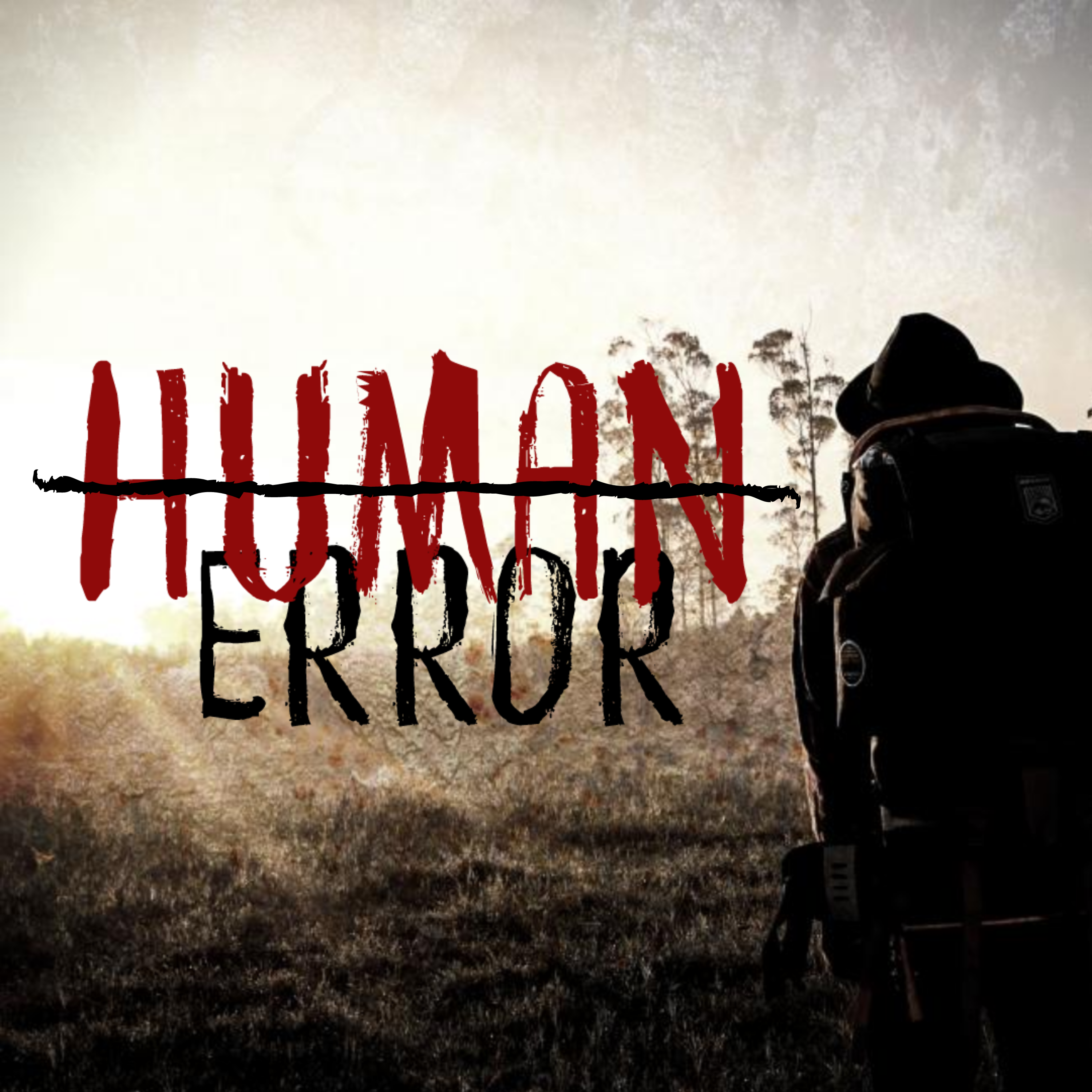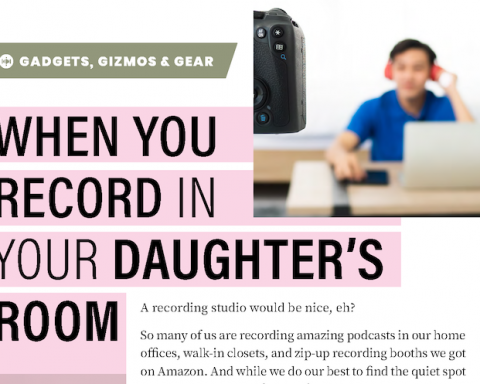Dr. Perry Nickelston, host of the Stop Chasing Pain podcast, found his calling in the health and wellness field as a result of an unforgettable experience.
“At one point, I was really into bodybuilding and weightlifting, and I hurt myself training. My training partner at the time suggested, ‘You should go see my chiropractor.’ Within a visit or two, I was standing upright, and the pain was gone.”
That experience left a lasting impression, because two years later, Dr. Perry thought to himself, “Maybe I could do that.”
This was a more aligned direction for the former political science student who once had aspirations of becoming an attorney.
So, he decided to go back to school to become a chiropractor.
“When I found my purpose, it flipped a switch, and that was the spark.”
After 32 years, Dr. Perry is a well-known functional movement specialist. Working with people who have chronic pain, he has noticed that, “Sometimes, when you have pain, you become fearful of moving, and that feeds the pain. In these cases, if someone bends over to touch their toes and it hurts, it may be because they think it’s gonna hurt.”
Dr. Perry also observes that people sometimes do repetitive movements, not realizing that it might be a good idea to move differently.
“People tend to want to do movements that they’re good at. Nobody likes to do things that make them feel uncomfortable or like they’re going to make mistakes. However, you need to give your brain and nervous system a variety of stimulus inputs to become more resilient. That way, when you get into a situation where you might get hurt, it’s almost like your brain and nervous system say, ‘We’ve been in this situation in the past, so we’re good.’”
Dr. Perry has found that looking at how people bend over seems to be a simple starting point for teaching them to move differently.
“We teach them to put their booty back first, like they’re sitting on the toilet. If you lead with your glutes, then it takes the extra load off the back. This can be one of the ways to avoid scenarios in which people say, ‘All I did was bend over and tie my shoe, and I couldn’t get back up.’ Or ‘I sneezed, and I don’t know what happened, but my back went out.’
“I tell people, ‘If you start to bring a bit more attention and awareness to your movement, you’ve already crossed over into helping yourself move a little differently. It’s the first step toward change, because you don’t know what you don’t know.’”
The 55-year-old points out that pain is a protective response. He aims to help people reframe how they view it.
“When you study pain, you realize that it’s all perception. No two people experience pain stimulus the same way. It depends on your history and the story you tell yourself based on your prior experience with pain.”
Dr. Perry recognizes that the journey toward finding solutions for chronic pain can be confusing. “There’s so much information out there that you might feel like you’re in quicksand. Someone may say, ‘Go down path A,’ while another will say, ‘No, take this path.’ People don’t know which way to go. The only way you’re going to know what works is to go down one path and see what changes.”
 Regarding the Western approach to healthcare, Dr. Perry notes that “We’re so specialized, we still break things down into labels, names, conditions, and body parts. This can be so myopic that people don’t see how things relate to each other, and they end up chasing the pain. It’s a great way to start, but it doesn’t get to the actual problem.
Regarding the Western approach to healthcare, Dr. Perry notes that “We’re so specialized, we still break things down into labels, names, conditions, and body parts. This can be so myopic that people don’t see how things relate to each other, and they end up chasing the pain. It’s a great way to start, but it doesn’t get to the actual problem.
“In Eastern medicine, it’s about wholeness, oneness, things working together. Humans use the words ‘body’ and ‘mind,’ but you can’t separate them. They always talk to each other.
“I think of myself as someone who tries to teach people to stand back and look at what I call the eagle view—the big picture view, rather than the mouse view.”
Dr. Perry has a different way of doing things. He doesn’t typically teach techniques because he has found that if you have the wrong strategy, the technique isn’t going to work.
He also recognizes that medicine often makes finding a solution seem complicated and can be very overwhelming. He’s passionate about showing people simple things they can do to get better.
“Over the years, I’ve learned that one of the reasons people don’t get better is that they do too many things at once, causing the system to get overwhelmed and unable to tolerate it. Your system is designed to protect you, sometimes by stopping anything from changing.
“To start with, when people are in pain or disease, they often resent their body and feel it’s broken. They may feel ashamed that they can’t recover. All of those things feed inflammation.”
Dr. Perry started the Stop Chasing Pain podcast 12 years ago out of a love of learning and educating people without hitting them over the head with information.
It’s no surprise that getting out in nature (sans technology) and grounding makes Dr. Perry happy. He enjoys silence and takes a journal with him wherever he goes. “Out in nature, a lot of things will come to you. Take in the experience and write everything down. Something magical happens in your nervous system when you put pen to paper.
“The body is like an electrical charging device. You’ve got to be around people who lift you up. Get in the sun and breathe in oxygen. You have to put your body on the earth, which is called grounding, and get the energy into your system. You’ve got to recharge your batteries.”Dr. Perry Nickelston not only helps people to Stop Chasing Pain… he also gives them strategies to have a new lease on life.
November / December 2022












